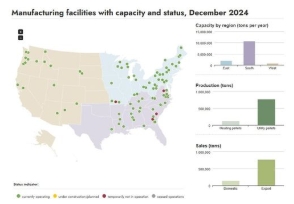Ahead of the upcoming General Election UK Tidal Energy has launched a petition to reinstate tidal energy subsidies from government and is targeting 100,000 signatures.

The Tidal Energy movement, which is backed by energy businesses including PTEC, Orbital Marine Power, Nova Innovation, Simec Atlantis, Marine Energy Wales and ORE Catapult believes that in order to meet the challenge of climate change, the power industry has to focus on the untapped value of the ocean.
According to their estimates the UK has the opportunity to capture £76bn of the potential market and as the Island has half of Europe’s capacity to create tidal stream energy, it can help reduce the UK’s carbon emissions by 2050 and create around 23,500 new jobs by 2050.
Perpetuus Tidal Energy Centre Chairman Rear Admiral Rob Stevens said: “For the last 5 years I have been working to kick start the tidal stream industry. Without the much-needed subsidies removed by the government in 2016, it will be incredibly difficult for tidal stream energy to obtain the investment to replicate the success seen by solar and wind industries.”
The UK Government made a decision in 2016 to remove a ring-fenced subsidy for marine energy. It also decided that there will be no new subsidies for renewable power deployments until 2025 under a new scheme set to replace the Levy Control Framework (LCF) which funds new renewable electricity projects.
Commenting on the reasons that provoked the stop of tidal subsidies, Stevens says: “Tidal energy was more expensive than the other, still subsidised, renewable energies. Wind and solar energy were also more expensive than coal, oil , gas and nuclear energy. As to reach sustainability, prompted government subsidies need to be deployed at scale and drive down [renewables’] price to make them competitive.”
Ahead of the December elections, Tidal Energy is focused on promoting its #PoweroftheTide campaign and is encouraging consumers to show support by sharing on social media and signing the online petition to provoke a government action.
“Britain and the world need additional renewable energy industries to replace the carbon based systems. It is crucial that any incoming government seeks to take the lead on tidal or we risk delay and other countries gaining market share ahead of the UK,” Stevens added.
Tidal stream energy is clean and predictable form of hydropower which harnesses the movement of the ocean’s tides, but it also has disadvantages such as large upfront cost, maintenance and transmission difficulties.







